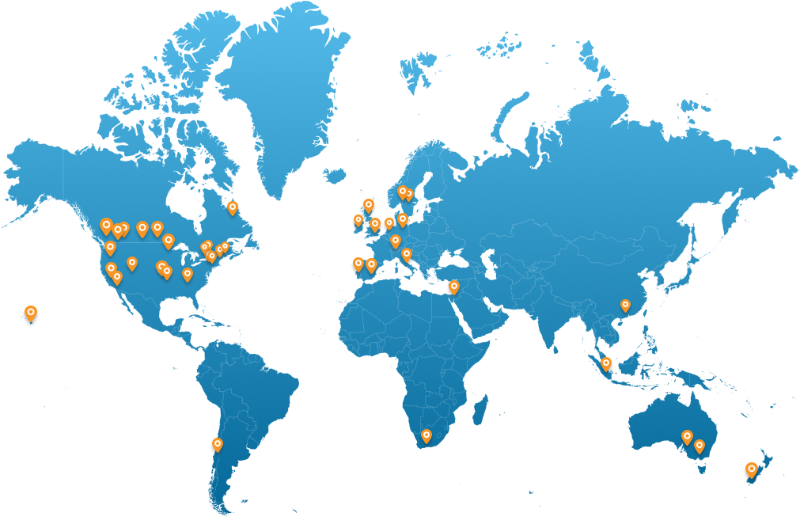Complete Certification Support for Indian Market Entry
EPR Authorization, WPC Approval, ISI Certification, TEC Approval, FSSAI Certificate, CDSCO, BEE Registration, ISO, LMPC, Approval, BIS Certification.
Learn More
At productapproval.net, we specialize in providing end-to-end certification and compliance solutions. With years of experience, we have helped businesses streamline their certification processes, ensuring hassle-free approvals with complete transparency.
Our mission is to simplify compliance so you can focus on growing your business with confidence.
Learn More
We simplify certifications & approvals for your business growth

Registration for shops & commercial establishments under law.
Read MoreStep-by-step guidance for your business compliance
Provide the required details for registration.
Experts assist you in preparing & verifying documents.
Samples undergo testing to ensure compliance.
We help submit documents & fees to authorities.
Certificate is issued after verification.
Trusted by businesses & clients over the years
📞 Call Us Today: +91 9811089029
From BIS certification to global approvals, we simplify compliance and deliver expert solutions for your business.
Trusted by businesses across industries
Proudly serving these amazing companies
Reach out to us and our team will get back to you promptly

Stay updated with our newest news and articles

The Department of Telecommunications (DoT) has released a significant......
Read More →